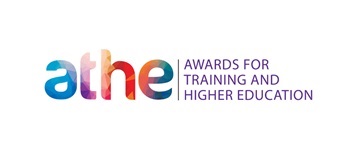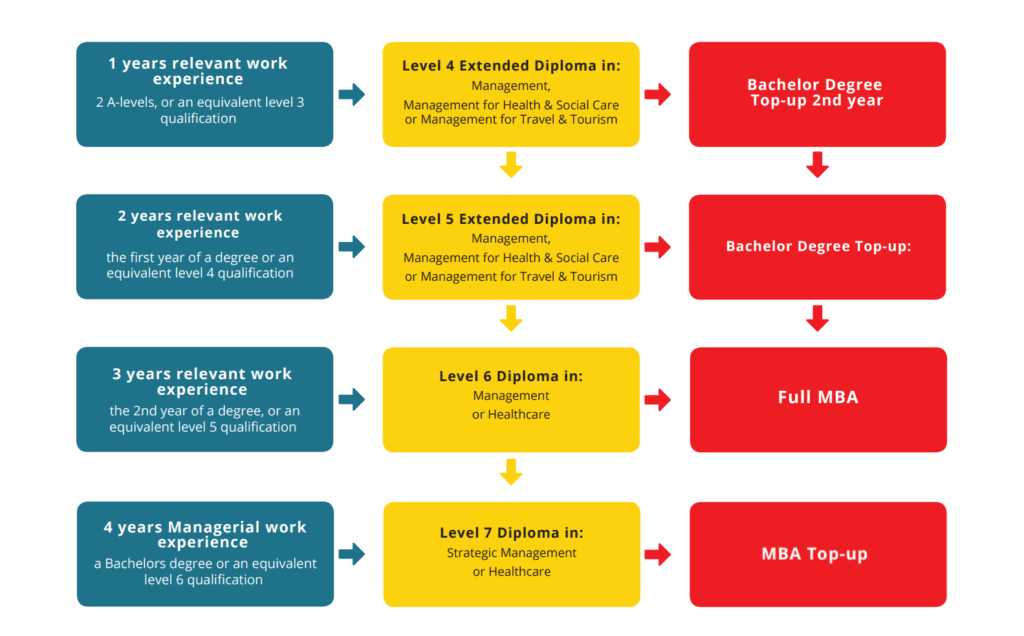ATHE

What is ATHE ?
ATHE is a global awarding organization regulated by Ofqual and other UK and international regulators since 2011. It works with more than 280 recognised centers in over 55 countries and offers a wide portfolio of vocationally oriented and internationally recognised qualifications from levels 3 to 7 in business and management, accounting, law, computing and healthcare.
ATHE qualifications are approved as progression pathways for our learners to relevant Bachelor’s and Master’s Top Up degrees by 25 UK and international Universities, with many more accepting our Ofqual regulated qualifications for progression purposes.
Why ATHE ?
- We are able to provide a comprehensive qualification and support package which provides excellent value for money with our appreciation of a very price sensitive industry.
- All ATHE qualifications have progression routes and many of these are to degrees at our University partners. Find more information on our progression routes page.
- Our EQAs have extensive experience in the systems of ATHE, Ofsted, ISI, QAA and Ofqual. This experience is there as a resource to you and to support your centre’s development.
- Our qualifications are designed for maximum flexibility, however if you have a request which we don’t currently cater for we will do our best to provide you with something that suits you and your learners.
- Learner also can get a grade from a range of grades like Pass, Merit and Distinction. It enables more smooth progression to the universities.
- ATHE has a student hub where student can find the other member to cooperate and find the suitable courses.
ATHE Pathway
ATHE qualifications are the culmination of input from sector skills councils, industry professionals and the qualification development team. It has developed a suite Of awards, certificates and diplomas that Offers progression from level 4 up to level 7.
Key features of the qualifications include-
- Core units that are common to different sectors offering the opportunity for learners to move between sectors or delay decisions as to which area to specialise in.
- Small qualifications that can be used for professional development for those in employment or for learners who do not have the time to undertake a full time programme.
- Flexible methods of assessment allowing tutors to reflect the most appropriate methods for their learners.
The following chart shows how learners could potentially progress through our qualifications and through to our progression routes. These routes are only examples, the decision to recruit a learner onto a programme is made by the college following their own recruitment policies.
